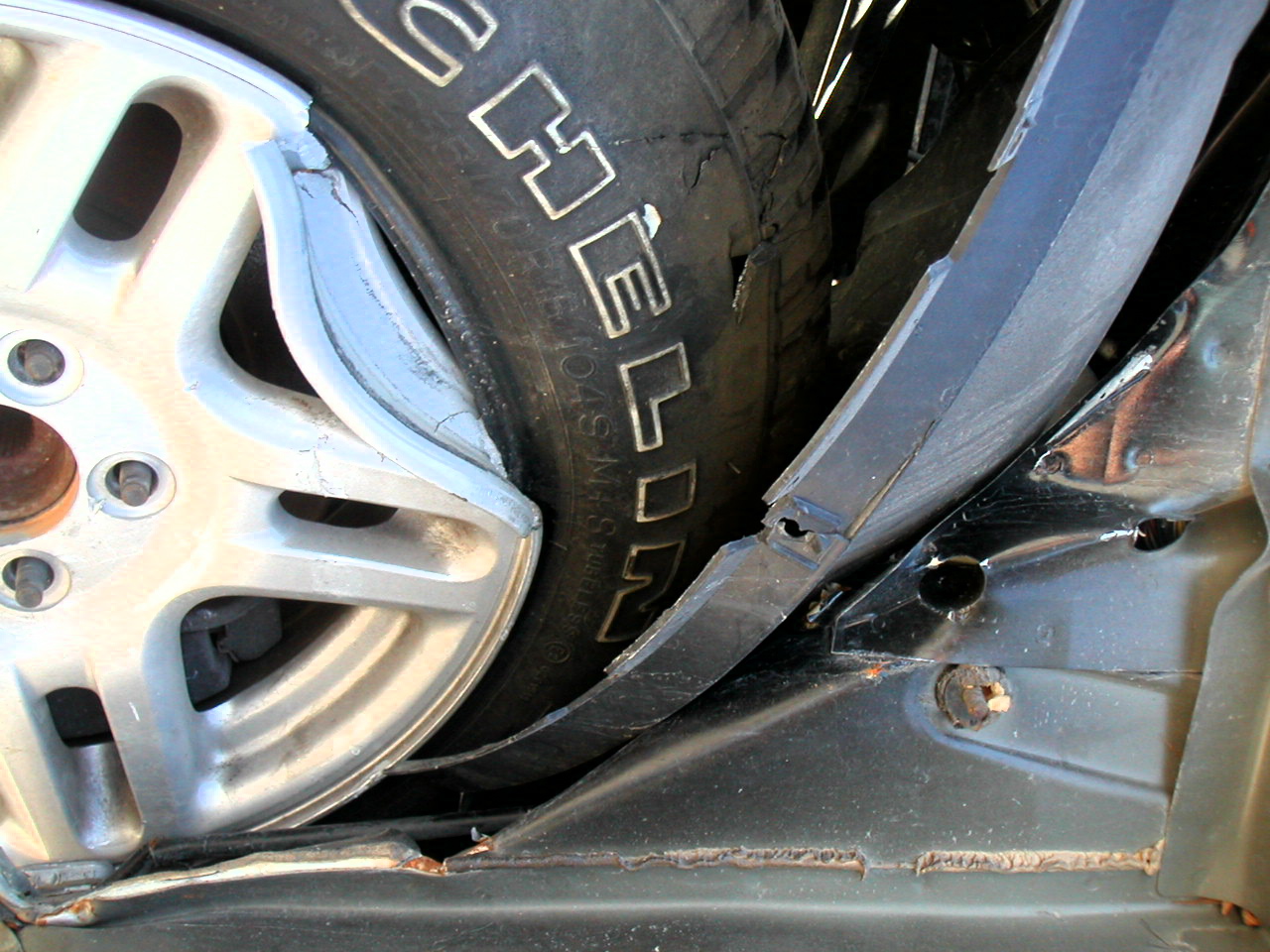
There are millions of car accidents every year across the United States. Many of these result in serious injuries or deaths. According to statistics compiled by the Insurance Institute for Highway Safety (IIHS), the national fatality rate is 12.9 deaths per 100,000 people. The average in North Carolina is above the national average, at 15.7 deaths per 100,000 people. Many thousands of accidents cause injuries, some of which are extremely serious or life-threatening. If you are hurt in a car accident, you will want to know whether you can file a claim to seek compensation for your damages.
What Does “No-Fault” Mean?
Every state has its own laws that govern personal injury claims. Some states are considered “no-fault,” meaning that both drivers involved in a collision can file claims, regardless of who is at fault for the crash. North Carolina is an “at-fault” state. This means that the negligent driver is responsible for paying damages they cause as a result of the accident. The important thing to know about North Carolina law is that a driver can only collect damages if they themselves are not at fault.
Charlotte Personal Injury Attorney Matt Arnold answers the question: “What if the accident was my fault?”
Contributory Negligence
After an accident, insurance companies typically conduct basic investigations to determine which driver caused the crash. They review the details of the crash to look for negligence. Negligence means that a driver did not take the necessary level of care or failed to take the care that another person in the same situation would have taken. The insurance company will ascribe a percentage of negligence or fault to each driver. If you have any portion of negligence for the crash, you are not allowed to collect for your damages.
If you were hurt in an accident, you would need to prove that the other driver was negligent in order to get money for your claim. The other driver may have been speeding, might have been impaired, or could have been distracted. These are just a few examples of how a driver may be at fault for an accident. At the same time, you will need to show that you were not negligent and, therefore, the other driver is completely at fault for the accident. An experienced personal injury attorney will help you get the compensation you deserve for an injury in an accident that wasn’t your fault.
What if I am Partly or Completely At Fault?
If you are partly to blame for causing the crash, there is still something you can do. No-fault insurance from your own car insurance provider will offer some coverage for your medical bills. The law requires you to carry a minimum of liability insurance to cover you in case you cause an accident. The minimum liability coverage in North Carolina is $30,000 bodily injury coverage per person and $60,000 total bodily injury for a single accident, as well as $25,000 for property damage. You may also purchase a higher amount of liability insurance if you desire.
If you or a loved one was hurt in a vehicle accident that was not your fault, you may be owed money for your injuries. Call us today at Arnold & Smith, PLLC, at (704) 370-2828 to talk to our legal team.
The skilled personal injury attorneys at Arnold & Smith, PLLC are dedicated to maximizing the financial recovery and obtaining justice for every personal injury client injured by another party’s negligence. The issues our personal injury clients may be facing include, but are not limited to, slip and fall injuries, wrongful death, product liability, catastrophic injuries, dog bite claims, car and truck accident injuries, motorcycle injuries, traumatic brain injury (TBI), nursing home negligence, spinal cord injury, boating accidents, and defective medical device injury. Our personal injury attorneys understand the devastating impact such an injury can have on a person’s life, and that the effects so often go beyond physical pain and suffering. The personal injury attorneys at Arnold & Smith, PLLC are dedicated to helping clients determine the strength of their claims, and to aggressively pursuing the means necessary to achieve the best possible end result for each client’s particular situation.
Source:
negligence | Wex | US Law | LII / Legal Information Institute (cornell.edu)
Image Credit:
accidents 3 Free Photo Download | FreeImages
See Our Related Video from our YouTube channel:
https://www.youtube.com/user/ArnoldSmithPLLC/videos
See Our Related Blog Posts:
How a Hit-and-Run Attorney in North Carolina can Help You Obtain Compensation

